Tiny, industrious insects have surprising lessons to offer about the delicate dance of give-and-take in relationships. Ants exhibit behaviors that mirror the darker shades of codependent relationships—over-reliance, blurred boundaries, and a loss of self. Allow these small, resilient beings to illuminate truths about the relationships you nurture and the boundaries you set. Here are 13 fascinating lessons ants can teach you about codependency, and maybe, just maybe, how to untangle yourself from it.
1. The Way Self-Sacrifice Can Ruin Your Sense Of Identity
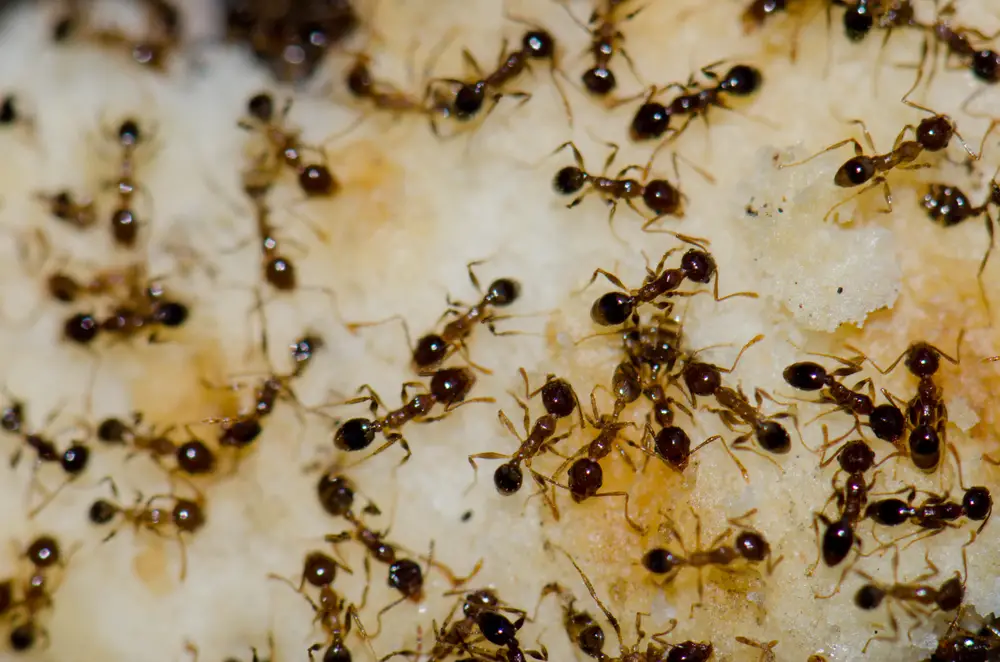
Ants are the epitome of selflessness, tirelessly working for the colony with little regard for individual needs. While their altruism is admirable, it can also serve as a cautionary tale about losing oneself in the service of others. In codependent relationships, this same self-sacrifice can lead to a loss of identity. You can become so focused on meeting others’ needs that you forget your own.
According to Dr. Robert Levenson, a renowned psychologist, a study found that overly altruistic behaviors in humans are often linked to low self-esteem and an unfulfilled need for validation. This insight mirrors the ant’s role in the colony—important yet easily replaceable. When you’re constantly giving without receiving, it can lead to emotional burnout. Like an ant, you might be busy, but are you happy, or just fulfilling a role you think you need to play?
2. The Illusion Of Harmony To Hide Dysfunction
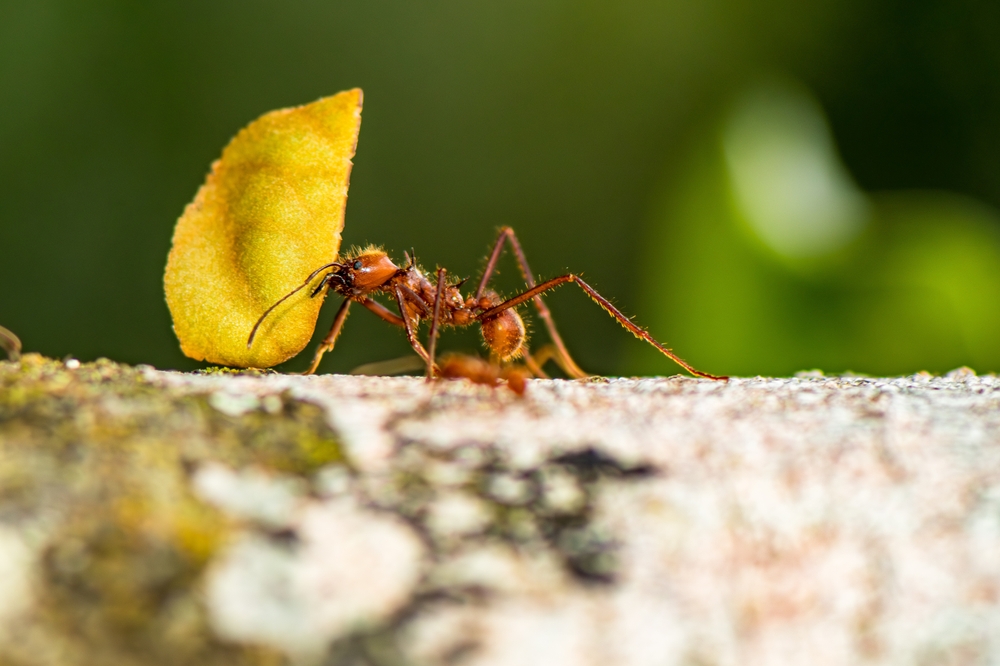
Ant colonies operate like well-oiled machines, each member playing a specific part in a seemingly flawless system. This perfection, however, can be deceptive, much like the illusions in codependent relationships where harmony often masks underlying dysfunction. When you strive to create a perfect relationship, you might ignore the cracks that could become chasms. The pursuit of perfection can blind you to the beauty of imperfection.
Living under the guise of a perfect relationship can be exhausting, leading to stress and dissatisfaction. In the same way that ants can’t afford to mess up their tasks, you might feel pressured to maintain an idealized image. This constant performance can rob you of authenticity and spontaneity. Remember, it’s in the messiness of real life that true connection is found.
3. The Danger Of Over-Communication
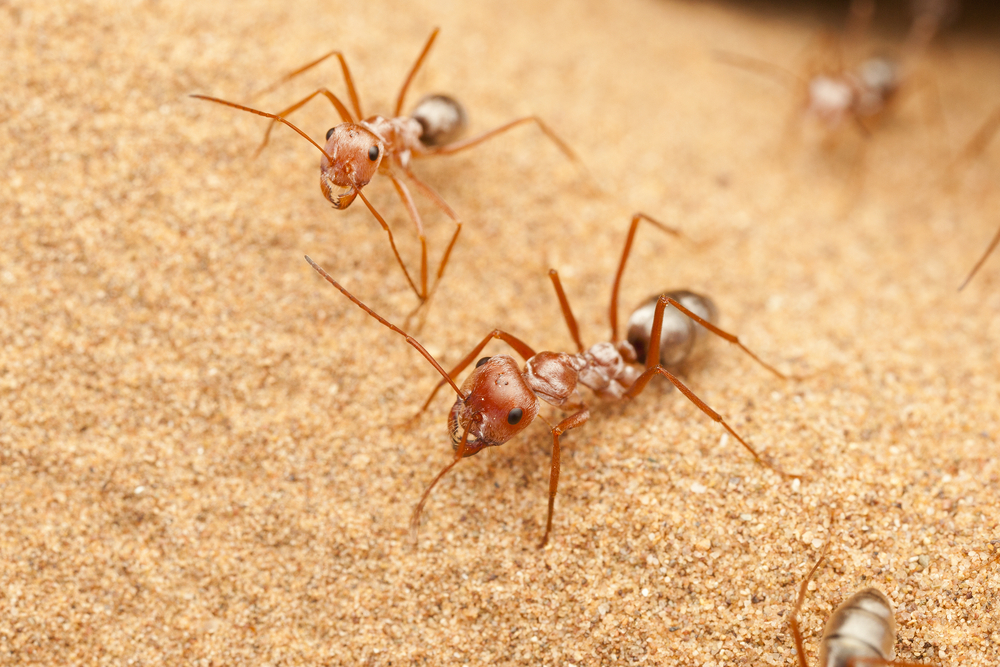
Ants are known for their remarkable communication skills, using pheromones to convey intricate messages across the colony. While communication is the backbone of any relationship, too much of it can morph into a suffocating force. In codependency, over-communication might manifest as a need for constant updates, reassurance, or approval. This relentless sharing can stifle individuality and foster dependency.
Research by Dr. John Gottman, a leading relationship expert, indicates that healthy relationships thrive on balanced communication. Over-communicating, however, can create an unhealthy dynamic where autonomy is stifled. It’s crucial to find your voice amidst the noise, to communicate when it matters, rather than as a compulsive need. Striking the right balance can liberate both you and your partner from the chains of codependency.
4. The Pitfall Of Defined Roles
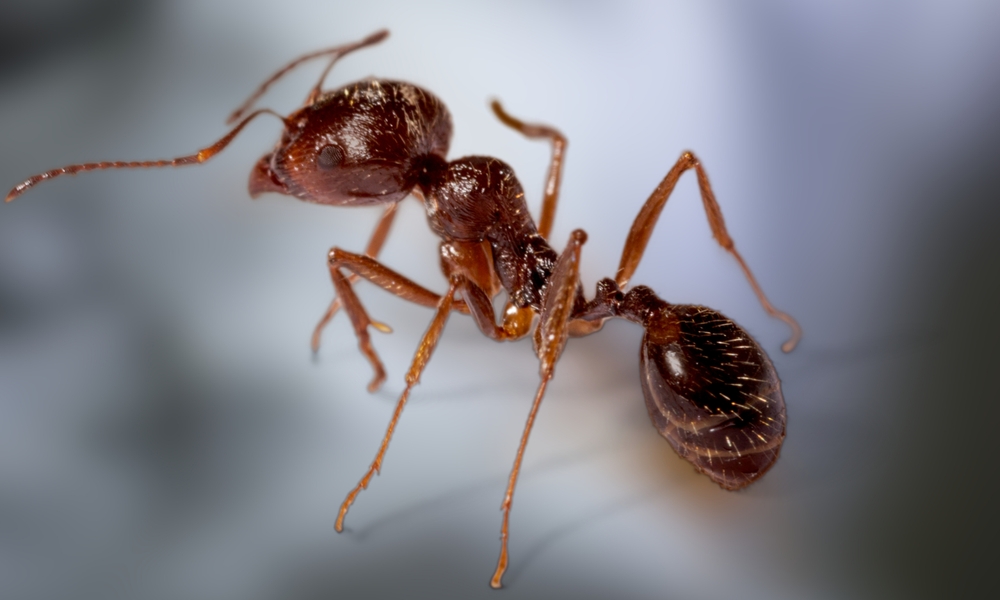
Ants thrive in a world of clearly defined roles—worker, queen, soldier, and so on. In relationships, rigid roles can lead to a similar trap, where you become pigeonholed into a singular identity, losing the fluidity that makes your interactions unique. You might find yourself acting out a script, rather than genuinely engaging with your partner. This can lead to resentment, as roles become prisons rather than platforms for growth.
In a relationship, roles should be flexible, allowing each person to evolve and adapt. When you conform too tightly to a particular role, you might miss the opportunity to explore new aspects of your identity. Embrace the complexity of your relationship and let it breathe. Break free from the roles that confine you and invite the richness of unpredictability.
5. The Cost Of Collective Dependence
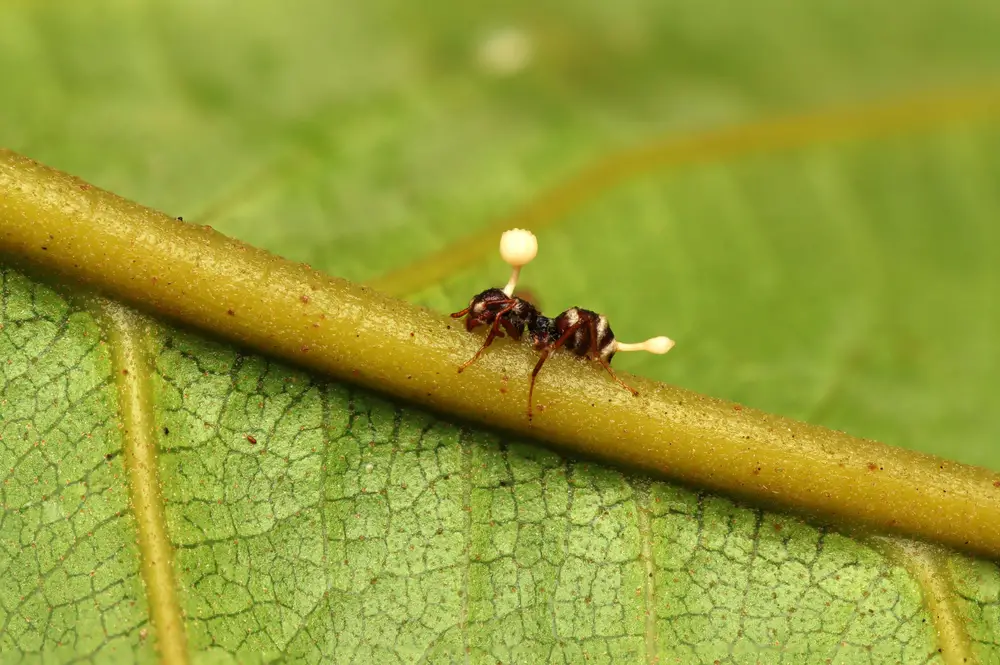
Ants exhibit a collective reliance on one another, often to the detriment of individual ants if the colony faces danger. This mirrors how codependency can amplify your vulnerabilities by tying your emotional well-being to someone else’s actions. In such dynamics, your happiness becomes contingent on the other person’s mood, creating a fragile existence. This interdependence can lead to a loss of self-direction.
A study published in the Journal of Counseling Psychology found that individuals in codependent relationships often struggle with self-regulation and decision-making. The constant need for approval and validation from others can sap your inner strength and autonomy. It’s a precarious balance, one that can leave you feeling powerless and incomplete. Reclaiming your independence is essential to finding a healthier dynamic.
6. The Trap Of Relentless Productivity
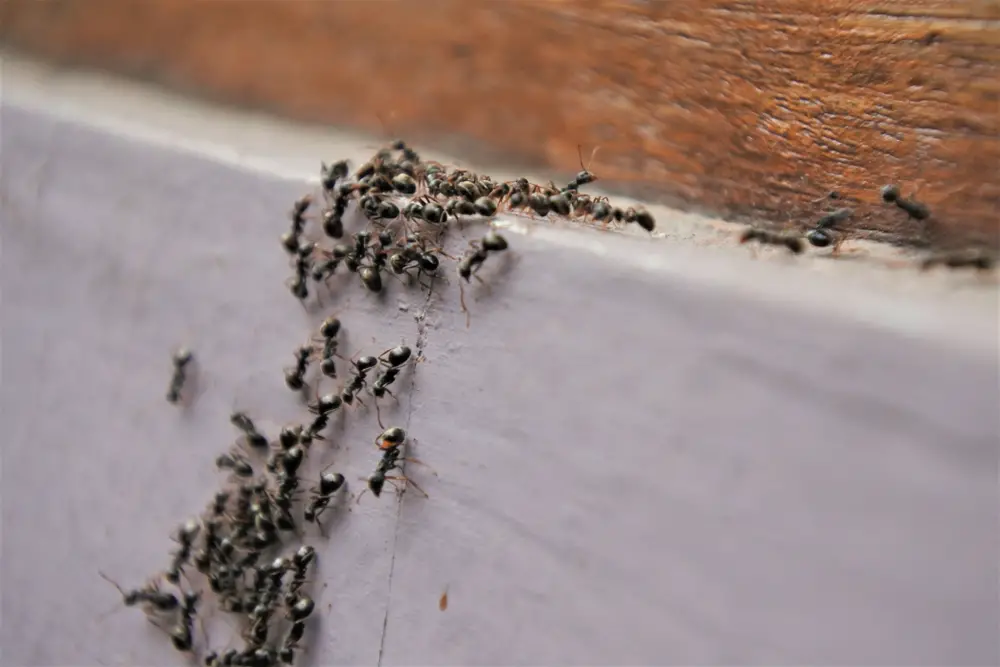
Ants are synonymous with industriousness, constantly working to build and maintain their colonies. This relentless drive can be mirrored in codependent relationships, where the constant ‘doing’ becomes a way to avoid confronting deeper issues. In the hustle to keep everything running smoothly, you might ignore the emotional undercurrents that demand your attention. The busyness can become a shield against vulnerability.
When you equate productivity with worthiness, you risk losing sight of what truly matters. Relationships thrive not on productivity but on presence and authenticity. Like ants, you might find yourself in perpetual motion, but still feeling stuck. It’s important to pause and reflect, allowing space for emotions to surface and be addressed.
7. The Damage Of Mirroring Behavior
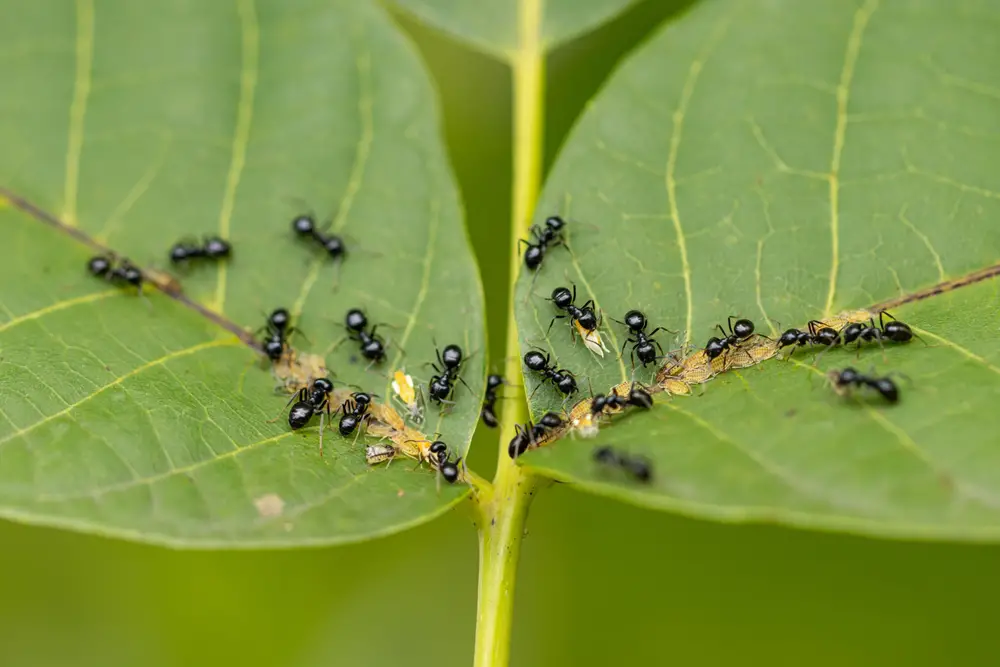
Ants are masters of mimicry, often following the trails and behaviors of others precisely. This mimetic behavior is reminiscent of how codependent individuals often mirror their partners, losing their distinct selves in the process. You might find yourself adopting your partner’s habits, interests, or even mannerisms to maintain harmony. This loss of individuality can lead to a deep-seated frustration and resentment.
A fascinating study by Dr. Elaine Hatfield on emotional contagion reveals that individuals often unconsciously mimic each other’s emotions and behaviors, especially in close relationships. This can blur boundaries, making it difficult to discern where you end and the other begins. Recognizing and reclaiming your unique identity is vital for breaking free from this mimicry. Embrace your individuality and resist the urge to become a mirror image.
8. The Risk Of Over-Reliance
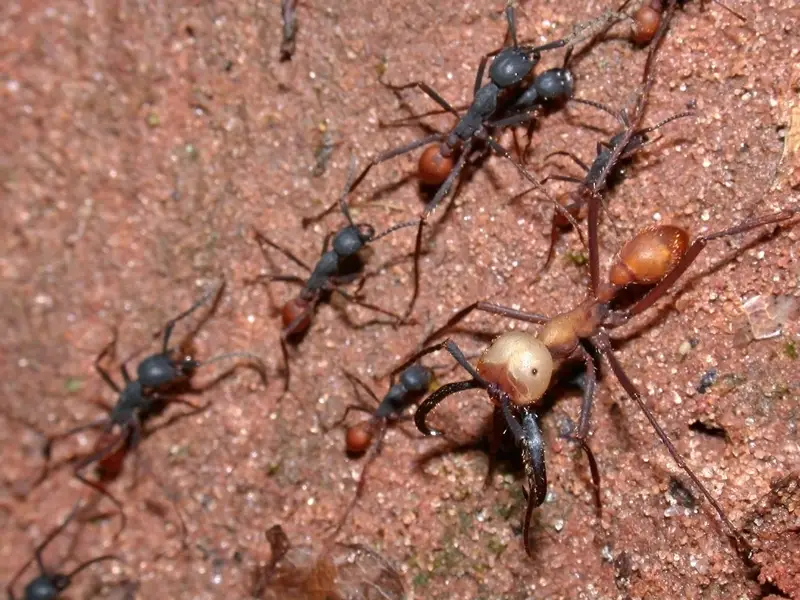
Ants depend on specific routes for their survival, such as food trails and pheromone paths, showing an over-reliance on a singular source. In relationships, this can manifest as depending on one person for emotional, social, and even financial fulfillment. Such dependence can stifle your growth and limit your experiences. When one source falters, your entire world can feel like it’s crumbling.
Diversifying your sources of fulfillment and support can free you from the trap of singular reliance. By cultivating a rich tapestry of relationships and interests, you strengthen your emotional resilience. Just as ants can adapt to new paths when necessary, you too can explore new avenues of joy and support. Dependency is limiting, but interdependence can be liberating.
9. The Facade Of Strength In Numbers
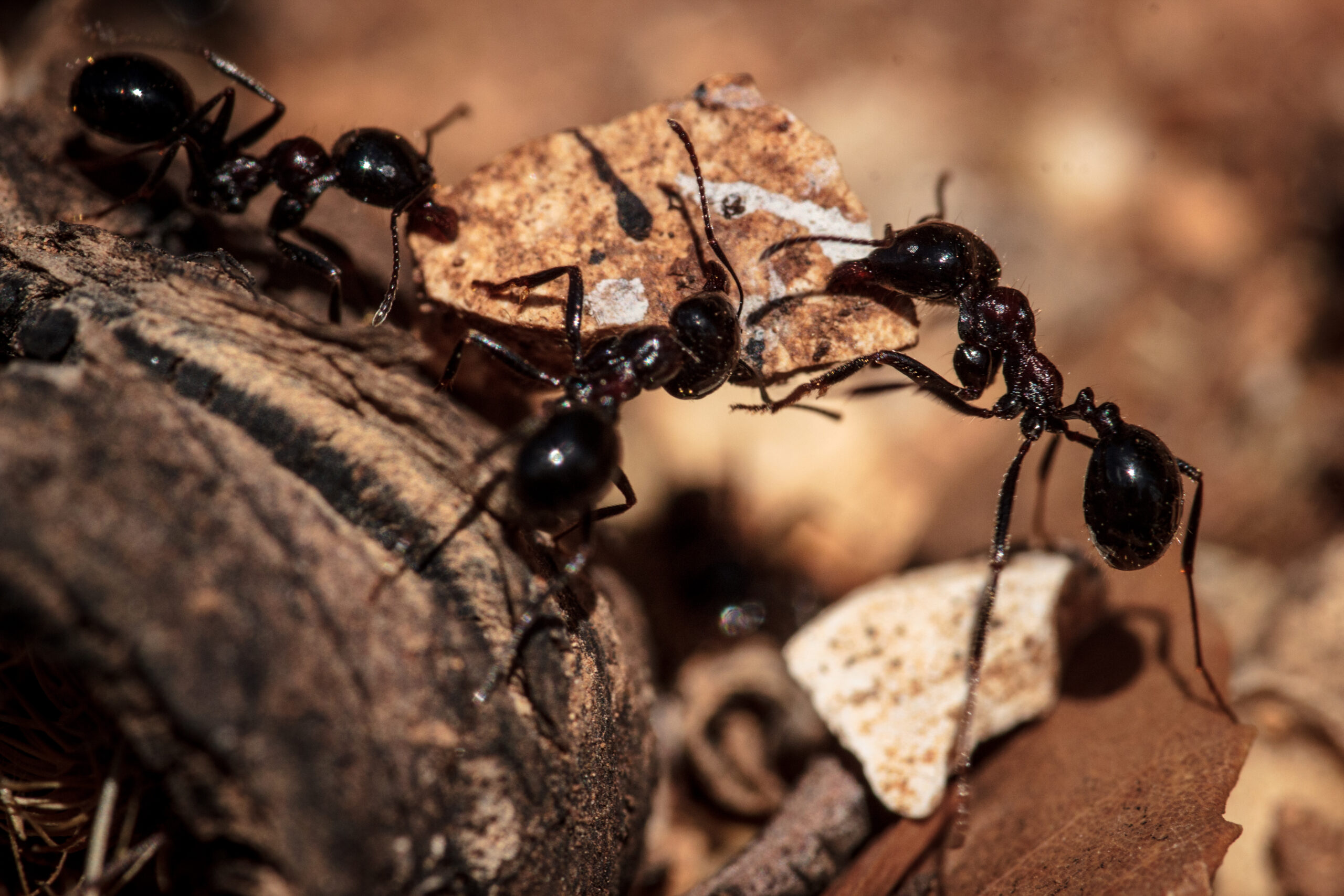
Ant colonies thrive on the strength of numbers, yet this facade of strength can unravel quickly when individual contributions are overlooked. In relationships, this manifests as hiding behind the collective ‘we,’ losing sight of the ‘I.’ You might believe that more is better, clinging to the idea that a crowded social life equates to a fulfilling one. Yet, too many voices can drown out your own.
In a bid to belong, you might suppress your individuality, sacrificing personal growth for group harmony. As in an ant colony, this can lead to a sense of invisibility and undervaluation. Nurturing your individuality amidst the crowd can bring balance and fulfillment. Your voice is valuable and deserves to be heard, even in a chorus.
10. The Dangers Of Unquestioning Loyalty
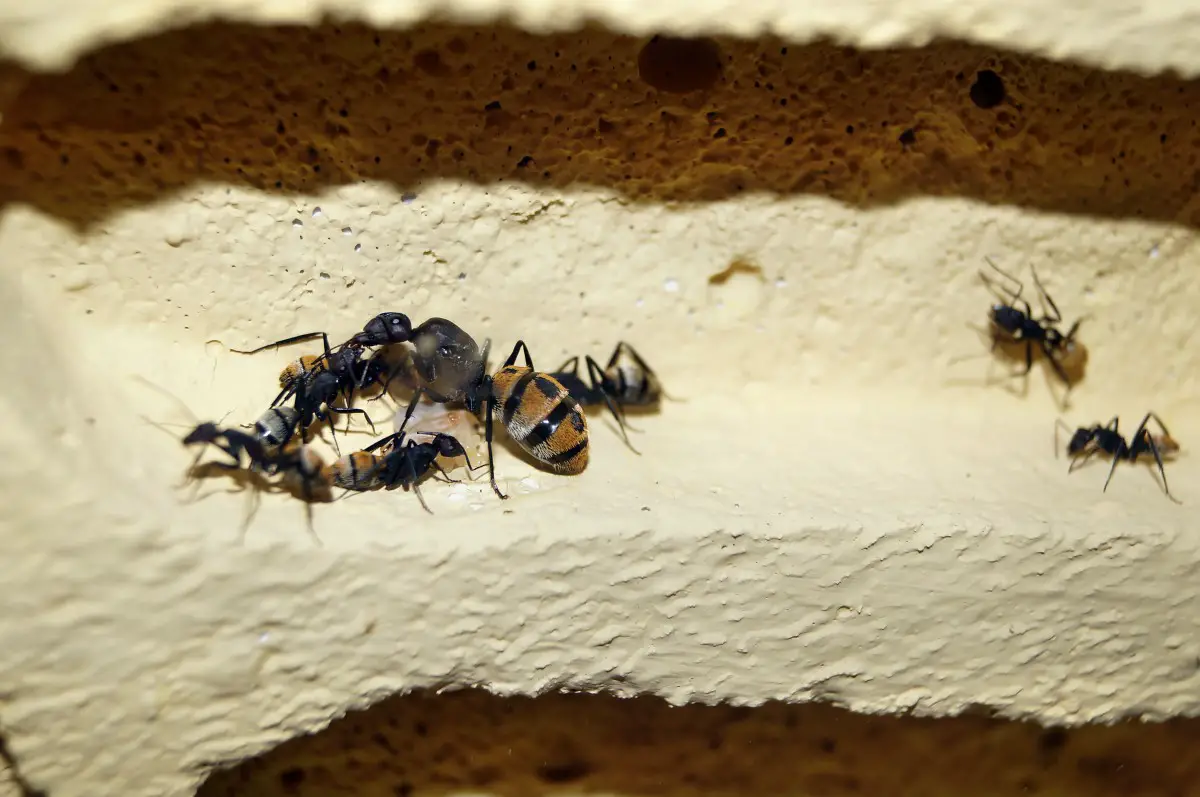
Ants display unwavering loyalty to their colony, a trait that, while noble, can be perilous in human relationships. Unquestioning loyalty can lead you to excuse unacceptable behavior, rationalizing it as part of the relationship. This blind allegiance can trap you in toxic dynamics, where your needs are secondary or dismissed. Loyalty should never come at the cost of your well-being.
In relationships, it’s essential to balance loyalty with self-respect and boundaries. Blind loyalty can obscure red flags, leading to emotional neglect or abuse. It’s crucial to evaluate relationships critically, recognizing when loyalty becomes a burden rather than a strength. True loyalty should empower, not diminish, your sense of self.
11. The Cost Of Complete Unity
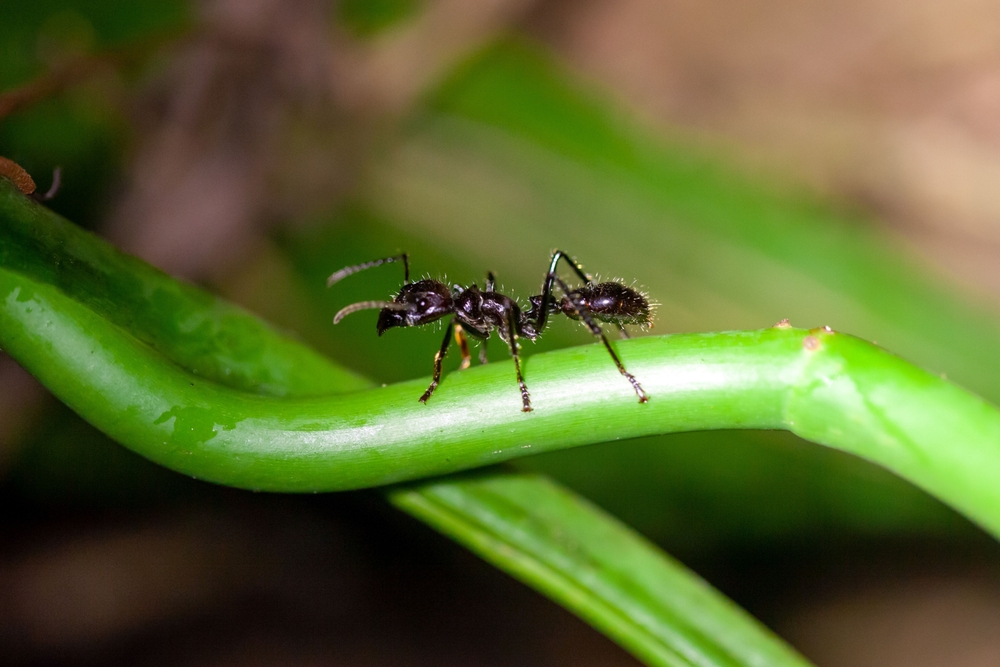
The unity of an ant colony is a marvel of nature, yet this unity often comes at the cost of individuality. In relationships, striving for unity can sometimes mean suppressing your own voice and desires. You might compromise too often, believing that unity requires conformity. This can lead to a loss of personal identity and fulfillment.
True unity in relationships should celebrate and integrate individual strengths and differences. By valuing diversity within unity, you create a more vibrant and resilient bond. Your unique perspective and desires are assets, not liabilities. Embrace them, and let them enrich, rather than detract from, your shared experiences.
12. The Myth Of Resilience

Ants are celebrated for their resilience, able to rebuild and recover from setbacks with remarkable tenacity. However, in relationships, the myth of endless resilience can lead to unrealistic expectations and emotional burnout. You might push through difficulties, believing that endurance is a testament to love. Yet, resilience has its limits, and ignoring them can be detrimental.
Recognizing when resilience becomes self-sacrifice is vital to maintaining healthy relationships. It’s okay to admit when you’re exhausted, to seek rest and recovery rather than pushing through. Acknowledging your limits doesn’t signify weakness but rather an understanding of balance and self-care. Let resilience serve you, not enslave you.
13. The Downside Of Hyper-Focus On Collective Goals

Ants work tirelessly towards collective goals, often at the expense of individual desires. In relationships, this can translate into an overemphasis on shared objectives, such as career or family, while neglecting personal dreams. You might become so focused on the ‘us’ that you forget the ‘me.’ This can lead to a sense of unfulfillment and resentment over time.
Balancing collective goals with personal aspirations is crucial for a fulfilling relationship. You deserve to pursue your passions and dreams, even within the context of shared commitments. By nurturing both personal and shared goals, you create a more harmonious and satisfying relationship. Remember, a strong ‘we’ is built on the foundation of a fulfilled ‘me.’
